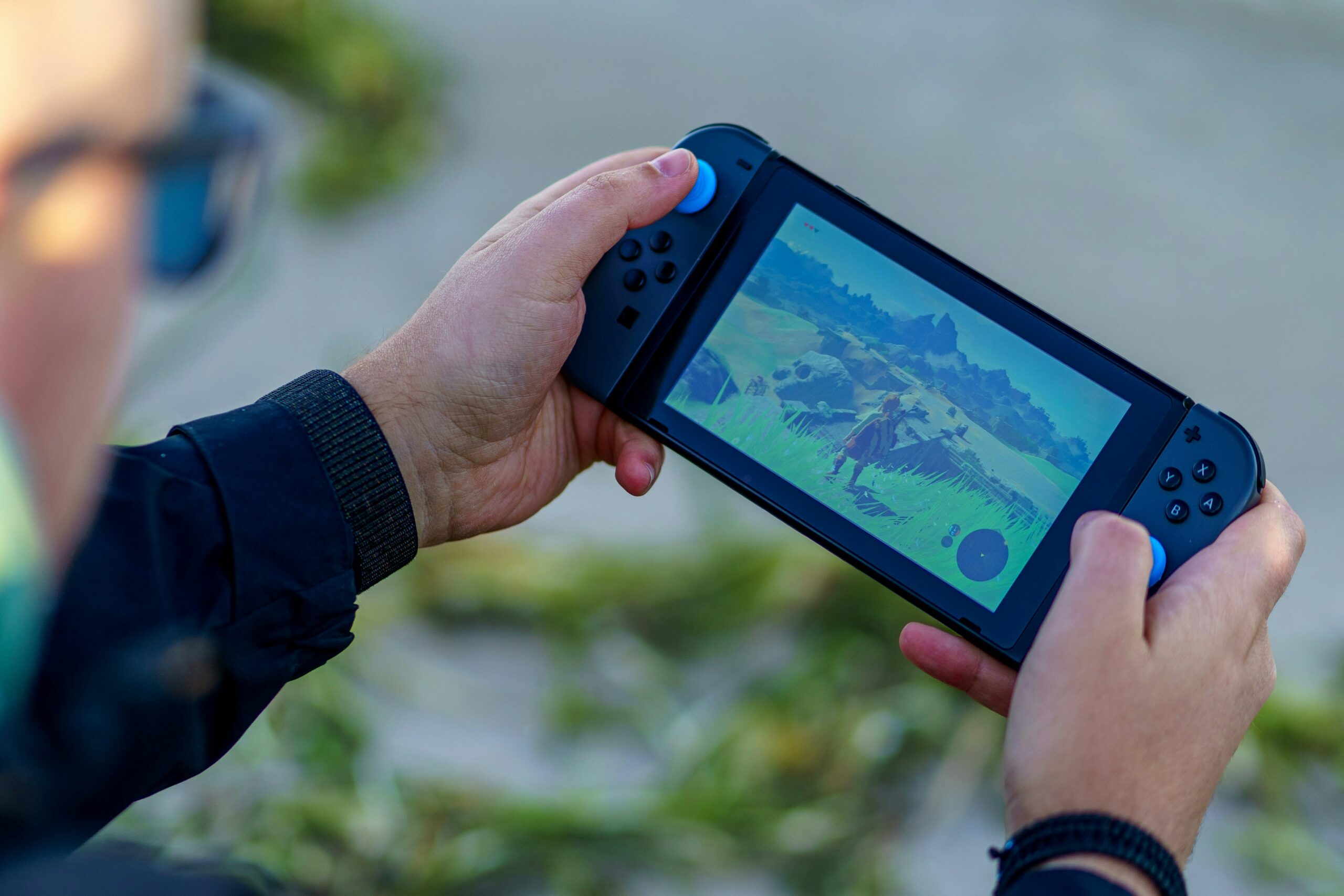Nintendo is a Japanese media entertainment company that focuses on manufacturing gaming consoles and software. Beginning back in 1947 as a conglomerate, the company now is one of the major giants in the gaming industry which competes with Sony and Microsoft. Their gaming products incorporate a variety of genres including action, adventure, racing, RPGs, and immersive simulators. Recently, the company has returned to the “gaming Olympus” with the introduction of Nintendo Switch—a portable-stationary hybrid console which has received unexpected acclamation on the market worldwide. It has been especially important for the company after the failure of Wii U. Strengths The company has widespread distribution channels that extend beyond traditional wholesalers and retailers. In fact, the company has its own online store which allows distributing their products directly to customers with the best after-purchase support. The pricing strategy of Nintendo may seem harsh for developing regions, but it is apparent that the range of unsold games will be discounted after a while to create attractive bargains for every purse. The hardware offered by Nintendo is not expensive compared to competitors, albeit they have lower technical specifications. However, another strength of Nintendo is the AAA titles from their internal and partner studios without scandalous loot crates or in-app purchases. In this case, Nintendo is the only company that has not shifted to experimental models of revenue generation in games and stays devoted to its model prevalent in the 2000s. Nintendo also implements effective marketing campaigns aimed at their fanbase with supportive merchandise and an animated series coming at the time of the release of the new Pokemon or Super Mario gaming titles. Recently, Nintendo has also entered a partnership with Disney, which expanded their influence to a large customer group of children. The strategy of using Disney characters on playing cards of the company allowed them to penetrate new households in the West.
Weaknesses
One of the key weaknesses of the company is related to the unstable success of their products. In fact, their cycle of success and failure is a cliché that has stuck to the company’s reputation. It can be proven by looking at how Nintendo consoles have been met by the market in the last ten years. Released back in 2006, Nintendo Wii was an obvious success for the company because of the revolutionary control system and gaming title support with Pokemon, Super Mario, Legend of Zelda, and Donkey Kong. However, the release of Nintendo Wii U in 2012 was a risky step for the company when it decided to align the features of their new product closer to key competitors, such as Sony with their PlayStation 3 and Microsoft with Xbox 360. As a result, the console failed to meet sales estimations, so it was supported only for several years. The loss of trust from devoted fans and investors undermined the reputation and stock value of the company for the years ahead. Despite the attractiveness of Nintendo’s promotion campaigns, their high cost is also commonly recognized to hit the budget for the new product launch disproportionately. Frequently, the company cannot meet predicted margins in product sales in a highly competitive market.
Opportunities
The recent opportunity list has been extended with the success of Nintendo Switch—the flagship console of the company, which more than a year after the release exceeded all the expectations of both Nintendo or analytics, who were initially skeptical about its experimental design. The Kyoto-based company, followed by conservative sales and profit projections, made a net profit of Y85bn by the end of the 2018 financial year in March (Lewis, 2017). The projections for sales of Switch and its gaming software are also far more positive than usual given the success of titles like the Legend of Zelda: Breath of the Wild, Mario Kart 8, and Splatoon 2 that sold millions of units worldwide. Indeed, the success of Switch allowed the
company to conquer not only the portable segment—which has been empty with Sony’s leave— but also compete with Xbox One and PlayStation 4. The lower hardware specifications were leveled with the support of such external gaming studios like Bethesda, who fostered the popularity of the console in the West.
Threats
Threats for Nintendo are typical in the context of the general competition with Sony and Microsoft, yet the hack of Nintendo Switch has been one of the recent hazards for predicted rates of growth. The Xecuter team has released SX Pro—a purchasable dongle that can be inserted into the console to install the firmware called SX OX. The software can make it possible to install custom homebrews that include pirated copies of Nintendo titles (Hernandez, 2018). The countermeasures enacted by Nintendo have been harsh to players who used the tool, but the hardware flaw in Nvidia Tegra processor will likely create more opportunities for hackers in the future. The effect would result in increased sales of Nintendo Switch consoles, yet the sales of games could fail significantly at the same time.
References
Hernandez, P. (2018, June 28). The Nintendo Switch hacking scene is chaos right now. The Verge. Retrieved August 2, 2018, from https://www.theverge.com/2018/6/28/17501530/nintendo-switch-hacking-piracy-pornbans Lewis, L. (2018, October 30). Nintendo boosts profit forecasts on Switch strength. Financial Times. Retrieved August 2, 2018.
Photo by Eugene Chystiakov from Unsplash

Leave a Reply